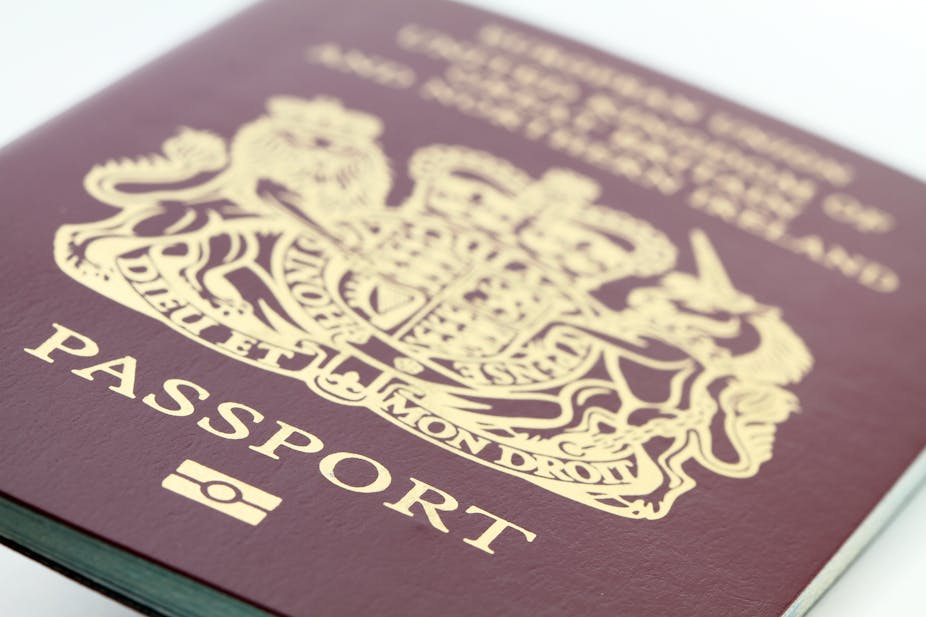Ed Miliband has unveiled his party’s second pledge for the forthcoming general election, promising to “control immigration with fair rules”. The Labour leader promised to strengthen the enforcement of the minimum wage and make it illegal to exploit migrant workers. These are aimed at preventing employers from undercutting local wages by hiring immigrants for less.
A Labour government would also enforce stronger checks on those applying for UK citizenship, which would include asking them for the equivalent of a Criminal Records Bureau check from their country of origin.
The announcements come hot on the heels of a report by John Vine, the independent chief inspector of borders and immigration, which identified serious failures in the immigration system.
He found officials failing to perform adequate scrutiny on UK citizenship applications beyond automated checks. These failures include accepting for citizenship a person who admitted killing someone in a previous country before moving to the UK.
Vine’s report was, unsurprisingly, described as damning by the media – a charge that was denied by the Home Office, which stated that “a small number of cases” were identified that needed “further scrutiny and additional checks.” Nevertheless, most of Vine’s recommendations were accepted in full.
However, the problem might be worse than reported. Vine examined fewer than 180 cases and discovered mistakes in about 6% of them. But it is doubtful what conclusions can be drawn about poor decision-making from such a small sample of the nearly 250,000 applications submitted for naturalisation.
Vine found that immigration law was being seriously breached when applications were processed in those cases he studied. This suggests the mistakes may be systematic and widespread. Caseworkers were found to have waived requirements for proof of good character when applicants apply for UK citizenship.
Good character is an important test for several reasons. Applicants can be rejected if they have unspent convictions or a conviction that resulted in four or more years in prison. Time spent in prison, generally at least, leads to additional residency time being tacked on before an applicant can apply for full citizenship.
Vine found that only automated police checks took place. No effort was made to examine cases in any greater detail or to uncover possible deception about conviction records in the UK or abroad. This led to at least one applicant – the person who had stated he had killed someone before moving to the UK – being granted citizenship. Nor were financial checks made that might contribute to an assessment of whether applicants were of good character. An unpaid tax bill, for example, might suggest otherwise.
One explanation for these failures is that immigration staff were more focused on the time they spent processing citizenship applications than making sure sufficient checks were carried out. That may have lead to rushed decisions and mistakes.
Immigration minister, James Brokenshire, blamed the approach of the former government for the problem – a surprising criticism given his government has had four years to improve things. But Vine is clear that the home secretary must take responsibility for the system and the government accepts that tighter guidance is needed.
As we have seen before, ministers too often have insufficient knowledge of their briefs. This lack of oversight might be more than a problem of individual error, a mistaken approach to using discretion or a failure to check for criminal convictions at home or abroad. Instead, the government’s application form fails to cover the full criteria for good character. So for at least this one important element that must be satisfied for citizenship, it has trouble checking it because it does not appear to consider it.
This is a relatively straightforward fix, and one that Labour may as well aim to tackle in its election promises – even if it isn’t exactly a headline grabber.
There is more to be seen on what immigration control with fair rules looks like when we consider citizenship, but Labour’s promise is a step in the right direction if fairness is a guide. This can be a welcome departure from the current government strategy which is neither fair, sensible or even consistent with the law.

